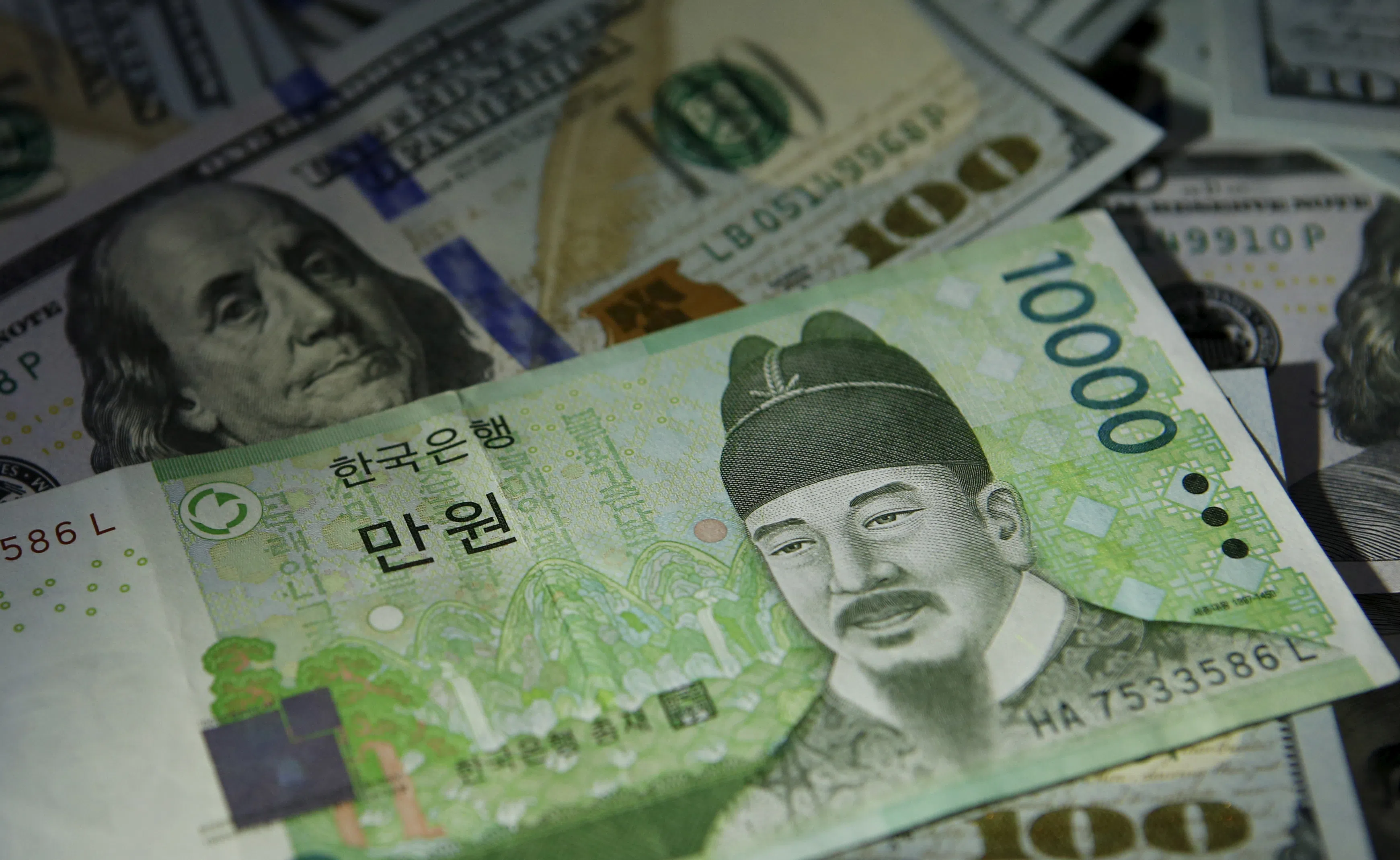Why are markets shorting the Singapore dollar?
In short: because a) inflation is stabilising and b) currencies are expected to rebound against the Singapore unit.

Jeanette Tan
IT’S that time of the year when analysts and economists share their predictions and outlook for the year - including that for the Singapore dollar and forex market.
Amid the volatility in currency markets following rate hikes by the US Federal Reserve and other central banks in 2022, the Singapore dollar’s stability stood out as a safe haven currency.
It continues to be in the running for 2023’s best-performing currency in the region, with market watchers expecting it to continue to strengthen this year. Yet, analysts from Goldman Sachs, Societe Generale, and OCBC have been making short calls on it.
So why are some banks less than bullish on the Singapore dollar now?
1. Inflation and Republic’s exports are cooling

When people buy goods from Singapore, they generally need Singapore dollars to pay for them, which would boost the value of the currency; the inverse holds true when demand for Singapore exports slide.
Earlier this month, non-oil domestic exports contracted for a third straight month – down 20.6 per cent year-on-year, against the previous year’s high base.
Since its tightening of Singapore’s monetary policy in October last year, the fifth in 12 months, the Monetary Authority of Singapore (MAS) is expected to hold off further moves for 2023 – especially in view of the cooling of imported inflation. Being an export-driven economy, Singapore also benefits when its currency is not overly strong.
That said, there are contrarian views. Some economists believe that despite MAS’s repeated tightening of the policy band, core inflation, which hit 4.1 per cent year on year in 2022, still faces domestic pressure from factors like the one-percentage point increase in GST.
Continued inflationary pressures would mean continued MAS tightening, leading to further strength in the Singdollar in 2023.
2. Regional economic rebound

While there’s no certainty the US Fed will end its rate hikes this year, analysts anticipate a pullback in the US dollar following its uptrend for most of 2021 and 2022.
With China’s economy reopening and the world emerging from Covid restrictions, many countries’ currencies have wider scope for recovery against both the greenback and SGD.
Foreign exchange analysts BT spoke to see the South Korean won and Thai baht, for instance, leading the rebound in regional currencies, which could see currency investors switching into them.
On the other hand, regional currencies like the Indonesian rupiah, Philippine peso and the Malaysian ringgit are not expected to appreciate much against the SGD:
- In Indonesia, the central bank has signalled its rate hiking cycle may be nearing its end.
- In the Philippines, the trade deficit is projected to weigh down the peso.
- In Malaysia, a worsening outlook for commodity prices will exert downward pressure on the ringgit.
To conclude, despite long calls from some quarters, the SGD is unlikely to repeat its 2022 performance, and the factors behind its easing may not be a bad thing for Singapore.
Decoding Asia newsletter: your guide to navigating Asia in a new global order. Sign up here to get Decoding Asia newsletter. Delivered to your inbox. Free.
Copyright SPH Media. All rights reserved.



